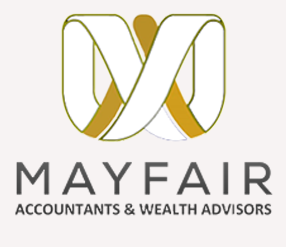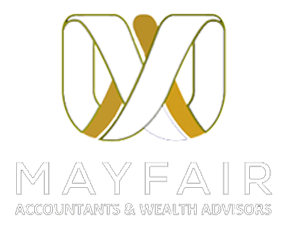Completing your self-assessment tax return can be very complicated and doing it wrongly can be very costly. So, to help you complete this task carefully, here is a list of things you need to consider first.
- A Unique Tax Reference (UTR) number is needed to file a self-assessment return. This number is usually a ten digits number which is issued by HMRC. It will be sent in by the post and will not be provided to you over the phone.
- Missing out one or two calculations from your tax return can be very common. This is why it is important to add all the incomes and expenses correctly to ensure you can claim tax reliefs available on certain incomes and expenses.
- When filing your tax return, you need to fill in the correct and complete information about your sources of incomes and expenses. In case if you have an accountant who can do this work for you, make sure to provide him all the information.
- If you are filing paper forms, you need to complete it by October 31. If you have missed it, you can do online filing by January 31. Remember, if you file your tax return late, you will be fined a £100 for the first three months regardless of whether you owe or don’t owe any amount of tax.
- Even though you are busy with your work, give yourself some time to understand about your financial year and concentrate on completing your tax return.
Last but not the least, you should check all the details of your self-assessment form many times before submitting it to HMRC to ensure they are recorded in the right place.
If you’re in any doubt and want an expert advice on this matter, you can contact our tax accountants for help. Our accountants can give you the benefit of focusing on your business and will guide you to avoid from making any mistakes in your self-assessment tax return.


